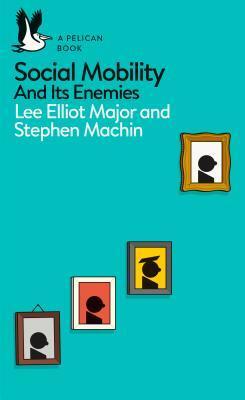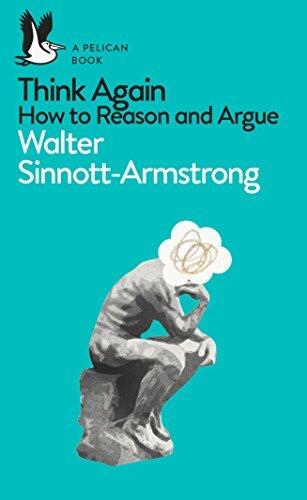
The Government of No One: The Theory and Practice of Anarchism
par
Ruth Kinna
Pas encore d'évaluations
History
Format
Relié
Pages
432
Langue
Anglais
Publié
Nov 1, 2019
Éditeur
Pelican
ISBN-10
0241396557
ISBN-13
9780241396551
Description
Ruth Kinna delves into the often-misunderstood world of anarchism, presenting a comprehensive exploration that challenges common misconceptions. Rather than embodying chaos and lawlessness, Kinna illustrates how anarchism is rooted in the pursuit of freedom and self-governance. Through a clear and engaging narrative, she articulates the theoretical underpinnings of anarchism, highlighting its rich philosophical foundations and diverse historical contexts.
The author navigates through various strands of anarchist thought, revealing how they have evolved and finding expression in different movements. Kinna's approach is both analytical and accessible, encouraging readers to reconsider their perceptions of anarchism. She emphasizes the practical implications of anarchist ideas, showcasing real-world examples where communities have successfully implemented these principles, fostering cooperation and mutual aid.
By the end, Kinna invites her audience to recognize the relevance of anarchism in contemporary discussions about governance and societal organization. Her work serves not only as a critical examination of a misunderstood ideology but also as an engaging call for a reevaluation of how society might be structured without oppressive hierarchies.
The author navigates through various strands of anarchist thought, revealing how they have evolved and finding expression in different movements. Kinna's approach is both analytical and accessible, encouraging readers to reconsider their perceptions of anarchism. She emphasizes the practical implications of anarchist ideas, showcasing real-world examples where communities have successfully implemented these principles, fostering cooperation and mutual aid.
By the end, Kinna invites her audience to recognize the relevance of anarchism in contemporary discussions about governance and societal organization. Her work serves not only as a critical examination of a misunderstood ideology but also as an engaging call for a reevaluation of how society might be structured without oppressive hierarchies.
Avis
Aucun avis pour le moment
Soyez le premier à donner votre avis sur ce livre et partagez vos pensées
Ajouter le premier avisJournal de lecture
Aucun journal de lecture trouvé
Commencez à suivre vos progrès de lecture pour voir les journaux ici
Ajoutez votre premier journal de lectureNotes
Journal des transactions
Aucun journal de transactions trouvé
Commencez à suivre vos transactions de livres pour voir les journaux ici
Ajoutez votre premier journal de transactions


















